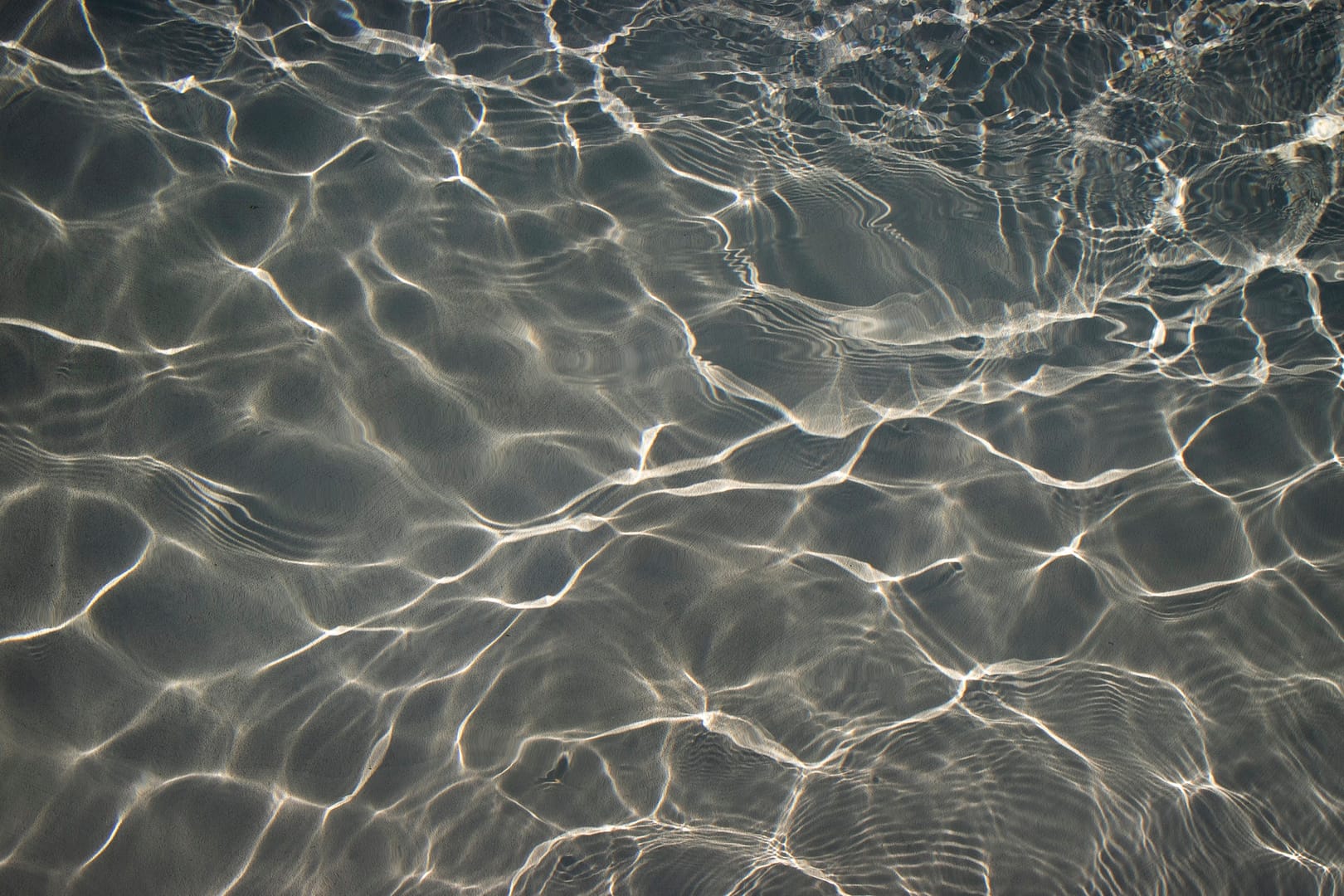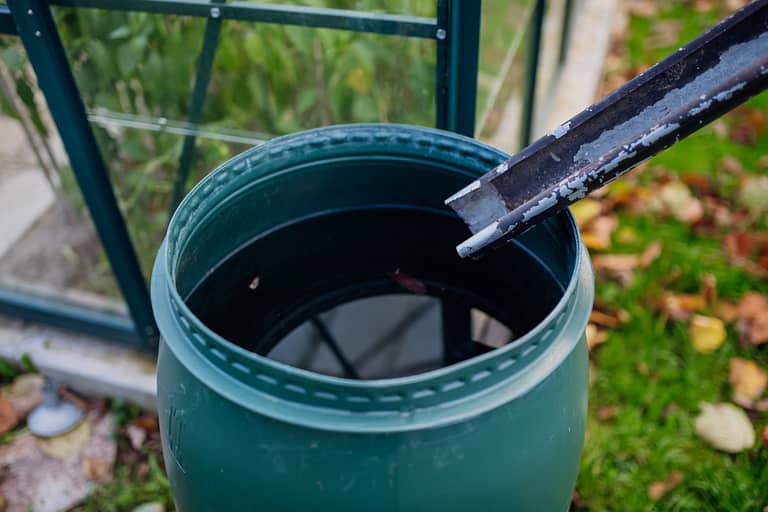Greywater Systems for Dallas Homes: An Overview
Considering ways to make your Dallas home more sustainable? You might want to think about installing a greywater system. These systems recycle water from showers, sinks, and washing machines for tasks like watering your garden.
By using greywater systems, you can reduce water consumption and help conserve precious freshwater resources. This eco-friendly approach can make you feel like a valued member of the community who's committed to a greener future.
Now, let's delve into the benefits and considerations of integrating greywater systems into your home.
Key Takeaways
Looking to make your Dallas home more sustainable? One option to consider is installing a greywater system. These systems recycle water from showers, sinks, and washing machines for tasks such as watering your garden. By using greywater systems, you can reduce water consumption and help conserve precious freshwater resources. This eco-friendly approach can make you feel like a valued member of the community committed to a greener future. Now, let's explore the benefits and considerations of integrating greywater systems into your home.
Understanding Greywater and Its Source
Understanding greywater and its source is essential for realizing the potential of reusing water that has been used once in various household and outdoor activities. Greywater, when used for irrigation, undergoes treatment to ensure water quality and remove contaminants. This understanding of greywater highlights the significance of reusing water and its role in sustainable living.
In Dallas homes, greywater systems provide the opportunity to reuse wastewater for irrigation, which helps in reducing water consumption. By understanding the concept of greywater and its potential for reuse, individuals can actively contribute to water conservation efforts. This knowledge empowers homeowners to make environmentally conscious choices, fostering a sense of belonging to a community striving for sustainable practices.
Understanding the source and potential of greywater encourages active participation in creating a more environmentally friendly and responsible living environment.
Benefits of Greywater Systems
Greywater systems offer a significant benefit to homes in Dallas by substantially reducing water usage for landscape irrigation. This leads to cost savings and helps in environmental conservation. Implementing greywater systems allows you to reuse water from sources like laundry, sinks, and showers for your yard's irrigation needs.
This not only conserves water but also reduces the strain on the municipal water supply. Additionally, greywater systems often include a filtration system that ensures the water is safe for use in irrigation. The recycling and treatment processes of greywater systems occur on-site, providing a sustainable solution for managing water use.
As a result, you can actively contribute to environmental conservation while enjoying the practical and financial benefits of reduced water bills.
Now, let's explore the various types of greywater treatment systems available for Dallas homes.
Types of Greywater Treatment Systems
In Dallas, it's crucial to have an efficient greywater treatment system for your home. This ensures the safety and quality of recycled water.
There are three common types of greywater treatment systems to consider:
- Filtration System: This system filters domestic greywater to remove contaminants before reusing it for irrigation. It's suitable for small-scale use.
- Upflow Anaerobic Sludge Blanket: Ideal for larger residential applications, this system utilizes biological processes to treat greywater and remove impurities.
- Reverse Osmosis: This advanced treatment method purifies greywater for non-potable use, making it suitable for high-quality recycled water.
These systems enable the safe and efficient use of greywater while maintaining your water supply's integrity.
Now, let's explore the regulations surrounding the use of greywater in Dallas.
Greywater Regulations in Dallas
When setting up a greywater system in Dallas, it's essential to adhere to specific regulations.
The city regulates the use of greywater systems for irrigation in urban residential areas to ensure the safe and efficient reuse of wastewater.
Greywater systems in Dallas must be equipped with back-flow preventers as per city codes to prevent the contamination of fresh water supplies.
Additionally, areas irrigated with greywater should be clearly marked with purple and white signs, and the systems themselves must have purple components to indicate non-potable water.
It's crucial to note that greywater shouldn't be sprayed, applied to edible fruit and vegetables, or allowed to pond or run off.
These regulations aim to safeguard against the potential spread of pollutants and ensure that greywater systems in Dallas contribute to sustainable and environmentally friendly practices in residential areas.
Designing a Greywater System for Your Home
When you plan a greywater system for your home, consider the plumbing and layout for efficient water flow and distribution for irrigation.
Additionally, think about treatment methods to ensure the greywater is safe for reuse.
Addressing these points helps you create a system that maximizes the potential of greywater while following safety guidelines and restrictions.
Plumbing and Layout
Once you know how much greywater your home produces, you can start planning the plumbing and layout for your greywater system. When designing the plumbing and layout for greywater systems in Dallas homes, it's important to consider irrigation, recycling, and water treatment.
Repurposing domestic wastewater for non-drinking purposes like irrigation is beneficial for smaller communities. Make sure your layout follows city codes by using back-flow preventers and purple components to prevent fresh water contamination.
It's crucial to include filtration systems and proper treatment methods to ensure the safety of reused greywater. Thoughtful planning of the plumbing and layout of your greywater system allows you to support sustainable water practices while meeting your Dallas home's specific needs.
Irrigation and Treatment
When you're planning a greywater system for your home in Dallas, it's important to think about an effective way to use and treat the water for irrigation. This can help you save water and decrease the need for fresh water. Understanding the characteristics of greywater and the various treatment methods available is essential to ensure the safe and efficient reuse of recycled water. Here are some important considerations for designing a greywater system tailored to your home:
| Aspect | Consideration |
|---|---|
| Greywater Characteristics | Temperature, Turbidity, Nutrient Concentrations |
| Treatment Methods | Physical, Biological, Chemical Processes |
| Landscape Irrigation | Efficient Distribution, Soil Compatibility, Plant Selection |
Creating a system that takes these factors into account will not only encourage responsible water usage but also help make Dallas homes more sustainable.
Greywater Reuse Strategies
When you're thinking about reusing greywater in your home, it's essential to look into using it for irrigation and indoor recycling.
Greywater irrigation can be a cost-effective and environmentally friendly way to keep your landscape healthy during dry spells.
At the same time, indoor greywater recycling offers a method to reduce water waste in your home.
Greywater Irrigation Options
If you want to reuse greywater in your Dallas home and promote sustainable water management while reducing the demand for fresh water, there are several practical greywater irrigation options to consider:
- Subsurface Irrigation: You can install a system that directs greywater below the soil surface, which helps minimize direct human contact and reduces odor.
- Mulch Basins: Utilize greywater to irrigate plants in specially designed mulch basins, which promotes efficient water distribution and plant growth.
- Drip Irrigation: Implement a drip system to deliver greywater directly to plant roots, conserving water and ensuring precise irrigation.
- Constructed Wetlands: Create a natural greywater treatment system by using plants to filter and recycle greywater, which enhances the overall environmental benefits.
These options offer practical ways to recycle greywater for irrigation, contributing to sustainable water use in your Dallas home.
Indoor Greywater Recycling
Indoor Greywater Recycling
If you're in Dallas, consider using a filtration system to recycle greywater from your showers, sinks, and washing machines for indoor use. This can greatly help in conserving water and reducing your environmental impact.
Treated greywater from domestic sources can be reused for tasks such as toilet flushing and laundry, lessening the demand on freshwater supplies. Methods like physical, biological, and chemical processes ensure the safety and quality of recycled water.
Maintenance of Greywater Systems
Maintaining greywater systems in your Dallas home is essential for their safe and efficient use. Regular upkeep and monitoring are key to ensuring that your greywater system functions optimally. Here are some important steps to consider:
- Regular Inspections: Regularly check for leaks, clogs, and ensure that filters and biological treatment systems are functioning properly.
- Filter Maintenance: Clean or replace filters as recommended to ensure effective water treatment and recycling.
- Soil and Irrigation Monitoring: Keep an eye out for signs of sodium buildup in the soil and consider soil flushing or rotating irrigation to prevent potential issues.
- Compliance with Local Regulations: Stay updated with Dallas regulations and guidelines for greywater systems to ensure legal and safe operation.
Cost Considerations for Greywater Implementation
Considering the costs of implementing a greywater system in your Dallas home is crucial for making an informed decision about its financial feasibility. While reusing greywater for irrigation can contribute to sustainable water use, it's essential to assess the upfront and long-term costs.
Here's a breakdown of the cost considerations for greywater implementation:
Upfront Investment: This includes the initial expenses for purchasing and installing the greywater system, including treatment and distribution. These costs are high.
Ongoing Maintenance: Regular upkeep, including filter replacement, pump maintenance, and periodic system checks, constitutes medium ongoing expenses.
Long-Term Savings: There's potential for a reduction in water bills and long-term financial benefits from sustainable water use, making this aspect of cost consideration high in importance.
Understanding these cost factors is crucial for making an informed decision about integrating greywater systems into Dallas homes.
Frequently Asked Questions
Are Grey Water Systems Legal in Texas?
Yes, grey water systems are legal in Texas. They provide environmental benefits by conserving water and potentially saving money on water usage. It's important to follow local regulations for proper installation and maintenance. Both residential and commercial properties can benefit from using grey water for landscaping purposes. This can help reduce water consumption and contribute to sustainable practices in the state.
How Much Does a Greywater Treatment System Cost?
When considering a greywater treatment system, it's essential to understand the cost of installation, which typically ranges around $3,000. While these systems offer water savings, they do require regular maintenance. In some areas like Dallas, rainwater catchment systems are more popular due to limited rebates for greywater treatment. It's important to weigh the long-term benefits before making a decision. For example, considering the potential savings on water bills over time can help determine if the investment is worthwhile.
Are Grey Water Systems Worth It?
Grey water systems offer significant benefits. They can help save money on water bills, reduce the demand for freshwater in irrigation, and provide environmental advantages. While the initial costs may be high, the long-term savings and positive impact on conservation make investing in grey water systems worthwhile.
What Are the Different Types of Greywater Systems?
Greywater systems come in different types: laundry-to-landscape, branched drain, and pumped systems. These systems help conserve water, promote sustainable living, and can lead to potential household savings. It's important to consider the environmental impact, plumbing regulations, and the possibility of DIY installation for reaping garden benefits. For instance, a laundry-to-landscape system can be a great way to reuse water from the laundry machine to irrigate plants in your yard, promoting water conservation and reducing your environmental footprint. Similarly, a branched drain system can help you reuse water from sinks and showers for irrigation, contributing to sustainable living practices. Lastly, pumped systems are a good option for homes with more complex layouts, where gravity-fed systems might not be feasible. By understanding the different types of greywater systems and their advantages, you can make informed decisions that align with your sustainability goals and household needs.







